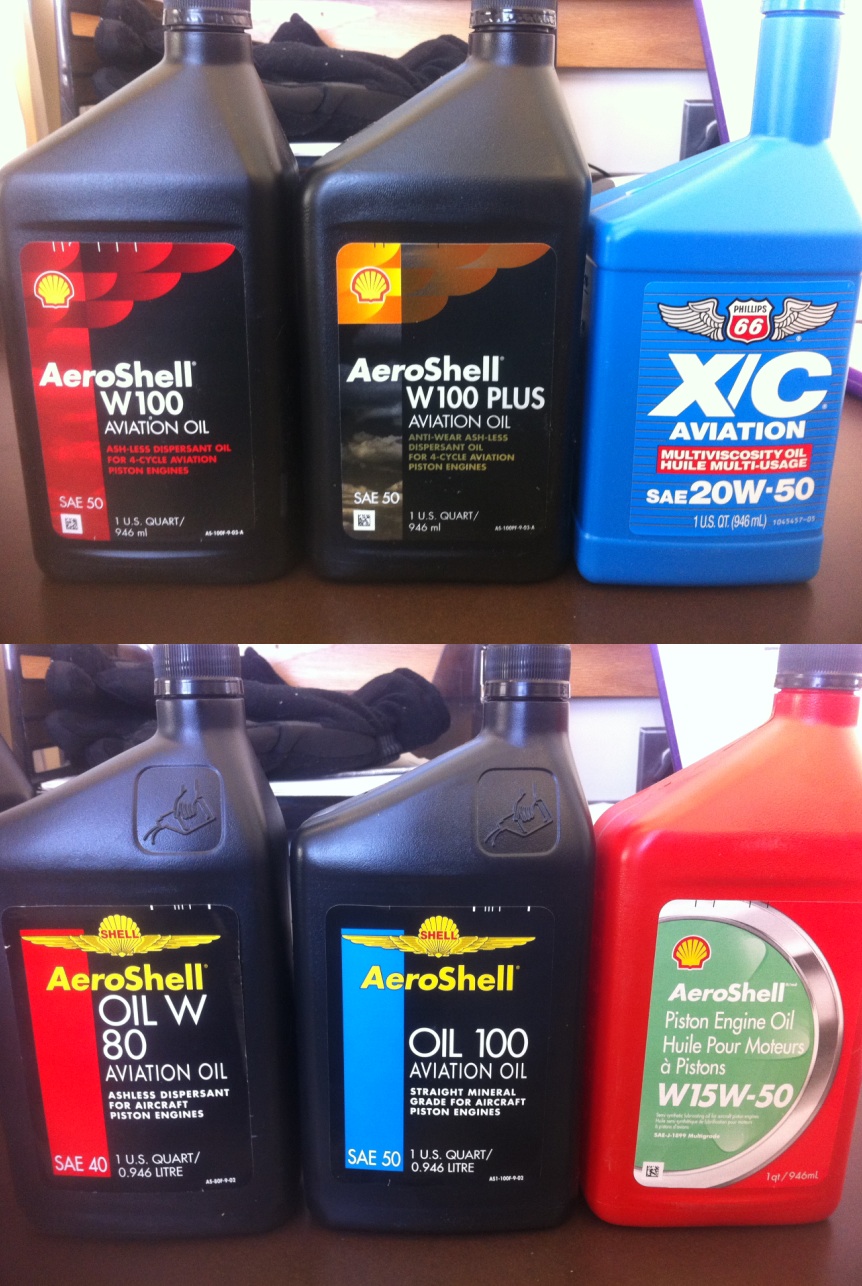StinkBug
Cleared for Takeoff
Getting ready to do the first oil change on my Mooney and I'm curious about oil selection. Seems all I hear about is Aeroshell 100, and nothing else. I'm used to the automotive world where there are more choices than you can count, and that doesn't seem to be the case at all with aviation oils. Looking around online for prices I've also come across Phillips 66 100AD which appears to meet all the same standards, but is $20 a case cheaper. Is there something I'm missing here, or does everyone just like spending more money on oil?




